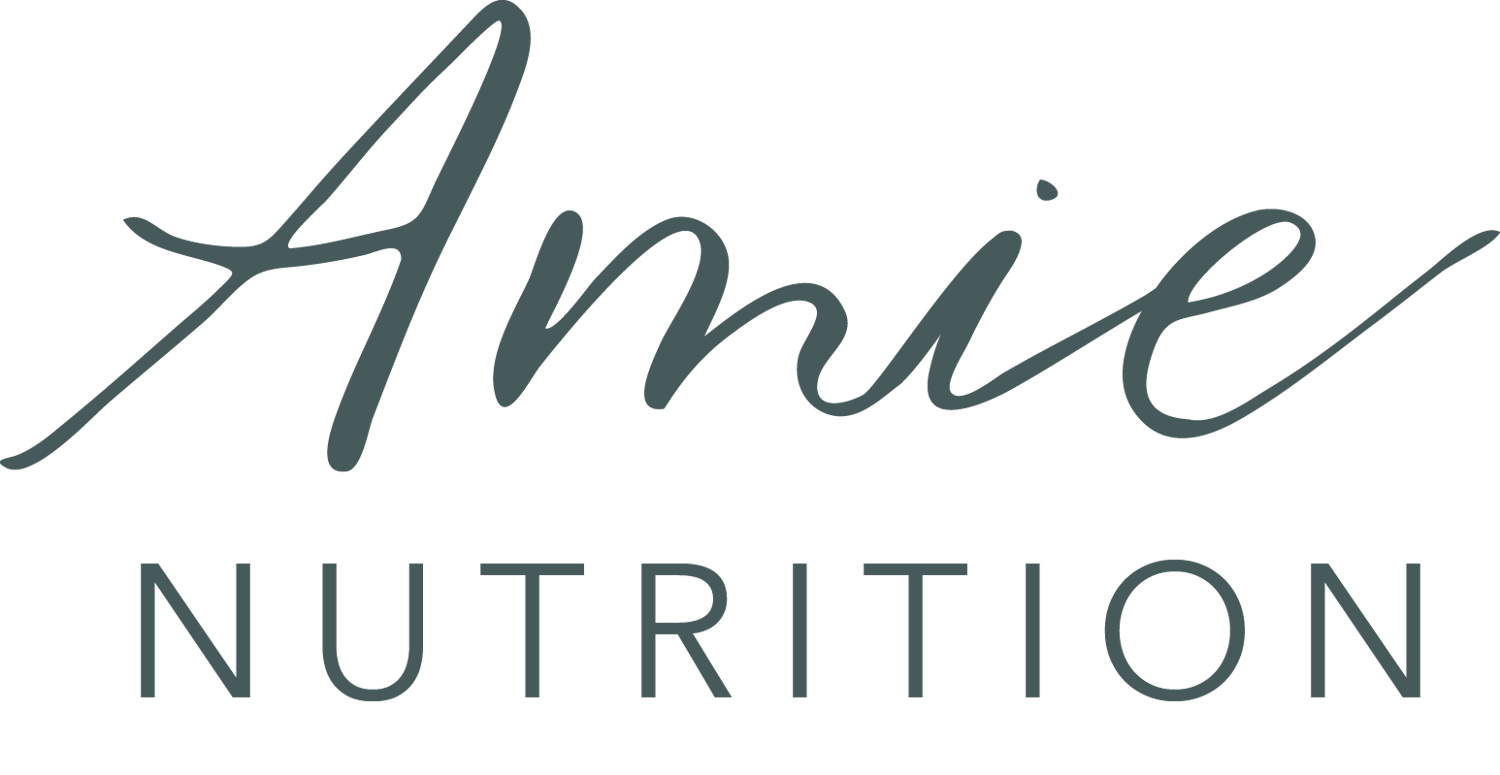I’m often asked about coffee during my 121 consultations. Is it healthy? How many a day is ok? Should I drink a certain type? Is it better to drink it black? I think it’s a topic that pops up so much because so many of us really enjoy a hot cup of joe, me included. Coffee does boast some health benefits such as improved mood, brain function and exercise performance; it is also a great source of antioxidants due to its super dark colour (dark and deeply coloured things have all the best antioxidants!). This is a blog post all about coffee and aims to give you some hints and tips on how to optimise your coffee drinking to maximise on its potential health benefits and minimise the potential health drawbacks.

- Quality matters – as with anything, the quality of a food source is super important, but particularly when it comes to coffee and tea because they are notoriously some of the most heavily sprayed crops we consume. So where possible opt for organic varieties to reduce your exposure to harmful pesticides. I have a Nespresso Vertuo machine, and I carefully picked it because Nespresso sell organic pods for it. If you have a coffee machine and can’t find a branded organic variety, have a look into refilling your own reusable pods with a better-quality coffee.
- Avoid instant – ground coffee made from coffee beans is much more delicious than instant, so that’s a good enough of a reason to swap. But if you need another, instant coffee was found to contain higher levels of acrylamide, which is a substance produced during the roasting process and is a carcinogen. Acrylamide is the reason why coffee consumption has previously been linked to cancer, so it’s a good idea to just reduce our consumption of this by consuming ground coffee, which has lower levels.
- Hydrate first – I aways tell my 121 clients to hydrate their bodies upon waking, when we wake up, we’ve not had a drink for around 8 hours and our bodies are in need of some hydration. Sometimes, if we have our coffee first, we can forget to replenish our bodies water stores, so I always like to advise to drink water first – with a squeeze of lemon and small pinch of sea salt is ideal as it’s really hydrating.
- Don’t drink on an empty stomach – drinking coffee after we’ve eaten, specifically something containing fibre, helps slow down the rate the coffee is absorbed in the body, reducing those jitters that sometimes come after a cup. Some people are particularly sensitive to coffee and can experience unwanted digestive systems if they consume it on an empty stomach, it is best to eat your breakfast first, or drink your coffee with breakfast.
- Don’t rely on it for energy - if you find yourself reaching for coffee after coffee just to get through the day, it is time to get to the root cause of your energy problem. While some dips in energy from one day to the next or over the course of a month for females is normal, we shouldn’t be feeling wiped out all the time. If this is you, I urge you to stop using coffee as a plaster to cover up the problem, and start nourishing yourself with the correct food and activities to replenish your energy stores – I can help with this, check out my services page for my 121 offerings.
- Drink it with milk & a dash of sweetness – I’m not a fan of black coffee and I’ll tell you why. Caffeine lowers our blood sugar levels and drinking coffee without a source of healthy fat, carbohydrate and protein can wreak havoc on our blood sugar regulation (hello energy fluctuations and cravings). I like to drink mine with full fat jersey milk (providing protein and fat) and a dash of maple syrup (providing carbohydrate in the form of sugar). If you are drinking your coffee with a healthy breakfast you will be ticking these boxes so feel free to have it black if you prefer.
Happy, healthy coffee drinking!


